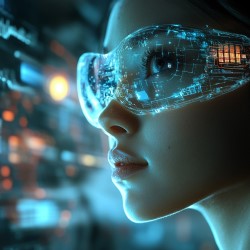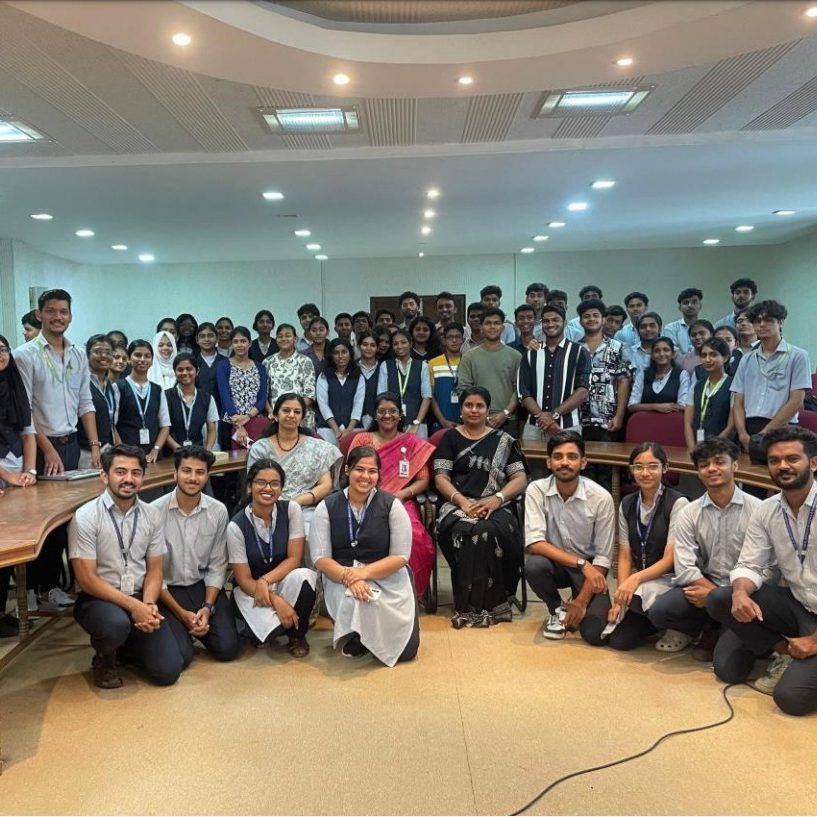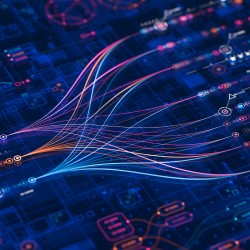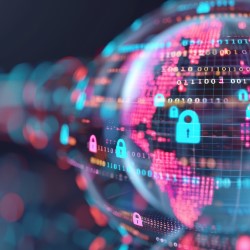Luis Felipe Herrera-Quintero is a researcher and Professor of the Universidad Piloto de Colombia, and he is a project evaluator of Colciencias (Administrative Department of Science, Technology and Innovation), the government agency for the support of fundamental and applied research in Colombia.
Herrera-Quintero also currently works as an advisor to the Ministry of Transportation in Colombia in the field of Intelligent Transportation Systems, ITS Architectures, ITS services deployment, in the use of Internet of Things approach, and in Business and Software Architecture. He is an advisor to Transmilenio S.A, the biggest bus rapid transit system in the world.
Herrera-Quintero has also worked with the Ministry of Information Technologies and Communications (for instance: Regional Vive Digital, and Vivelabs), Ministry of Transportation (particularly for the Sustainable Mobility Unit –UMUS focused on give technical guidelines to all BRT systems in Colombia and strategic systems for public transport in Colombia). Further more he is an international consultant on Intelligent Transportation Systems (ITS) for the ITS Colombia Foundation and SIT Ltd.
Dr. Herrera-Quintero’s areas of expertise are ITS, provision of ITS services, Computing, Smart Cities, service-oriented architectures (SOA), Internet of Things (IoT – approach to the deployment of ITS services), ubiquitous and embedded computing, wireless sensor networks (conducive to the deployment of ITS services), ad-hoc vehicular networks (VANET), electronic fare collection systems, traffic lights, traffic enforcement, application of middleware techniques on embedded devices, telematic systems, process automation, telecontrol systems, industrial computing.
email: lfeli99@gmail.com
DVP term expires December 2021
Presentations
Applying IoT Solutions in the scope the cities: producing smart scenarios
Throughout human evolution, the society has been facing a lot of changes that we normally called revolutions in different aspects, for instance: agriculture, industry, economy, education, military, policy, science, and technology among others. As from those changes, people continue growing up in many aspects of the life, however, it is worth noting that the technology has caused an important impact on the whole society. In fact, people of any city or even town, a long time ago, especially, those who live in developed or developing countries experienced an explosion of several different services where technology was always present. Currently, new technology approaches are changing the world in terms of how the people can feel or sense what is happening the whole time. For that reason, this talk is focused in how IoT is capable of transforming the way that the cities and inhabitants conceived of their lives because IoT brings a composite interconnected system that allows gathering and deploying information. In addition, in the last few years, the Internet of Things (IoT) has gained momentum and significant attention from researchers, academia, and industry engineers. IoT is generally thought of as connecting any kind of device to the Internet, and taking advantage of that connection, to interact with their internal states or the external environment. In terms of the International Organization for Standardization (ISO), IoT means “An infrastructure of interconnected objects, people, systems and information resources together with intelligent services to allow them to process information of the physical and the virtual world and react. IoT creates an intelligent, invisible network that can be sensed, controlled and programmed from IoT-enabled products employing embedded technology that allows them to communicate, directly or indirectly, among them or with Internet. In light of this, this talk offers a vision of IoT in order to create smart scenarios and give services in a homogeneous way.
This trend reveals how the concept of IoT, hence, aims at making the Internet even more immersive and pervasive. Furthermore, by enabling easy access and interaction with a wide variety of devices such as, home appliances, surveillance cameras, monitoring sensors, actuators, displays, even vehicles.
Embedded Computing towards the creation of services in the scope of Intelligent Transportation Systems
The technology advances have always been a challenge for the society. In fact, today computing continues changing the way that services are conceived and are offered to users. Everyday more and more hardware and software capabilities are being integrated into several technology devices, and for that reason, it is possible to combine the information to generate new and better services. However, despite the fact that the embedded computing offers a great amount of information, it is worth noting that, due to the memory restrictions of that devices, it requires taking advantage of cloud computing approaches, where, at this moment, it is possible to find and use several cloud services that assists in data processing to produce services for citizens. Now, many of these devices are deployed into the transportation infrastructure where they have been changing the way to monitor, control, measure traffic, and even the way that the users interact and receive several different services. For that reason, this talk is focused on the use and appropriation of the embedded computing system, however, from a perspective oriented on the scope of Intelligent Transportation Systems, due to the fact that the transportation sector is a relevant user of these devices. On the other hand, a very big issue in the field of embedded computing is data integration. For that reason, this talk also focuses on the construction of a data dictionary to achieve the services deployment. In fact, the key factors such as interoperability, integration, and compatibility are used in this talk to explain how it is possible integrate services on these devices even, not to generate dependences of hardware/software elements. As from this scope, embedded computing takes a great relevance, and it is presented in the core of Intelligent Transportation Systems. In this way, embedded computing has become in a key element for the development of smart mobility, even, introducing a new scope for cities to produce services for citizens.
Smart Cities from an ideal perspective to a real perspective, it is possible to implement it
One of the most important facts where technology produced a great quantity of change is in the cities because all the time, at any moment or in any place of the world, people are interacting with the infrastructure of the city, and obviously, people want to know about what happens in the city. On the other hand, currently, the technology advances are producing a lot of changes in the way that citizens consume information content and services. In fact, every day more cities in the world incorporate technological solutions to attend to their several different challenges in the context of whole economic sectors.
At the same time, technological advancement will produce technologies impacting the current norm, and will make it possible to generate intelligent scenarios which will change the way cities and their inhabitants interact with each other.
The smart city concept is a scenario where several intelligent systems are working together in order to create a new context of services that can be used or consumed for many people or governmental entities or private organizations. Despite the fact that a smart city is considered until now as an ideal way to manage data, this talk generates the main elements to go through an ideal perspective to a real perspective for deployment the smart services into the smart cities. In this line, as time goes by, new terms have been established where technology is present as well, for instance, Intelligent Transportation Systems (ITS), Smart Cities, Smart Territory, Blockchain, Internet of Things, virtualization, Cloud computing, Intelligent Vehicles, embedded computing, Deep learning, etc. For that reason, with this talk, we want to continue showing new advances that will allow to people every day to find new services inside the cities or even outside them. This means that, through the development of the talk it will be possible to harmonize how the concepts in the digital world should be oriented in order to generate a real perspective for the deployment of smart cities.









